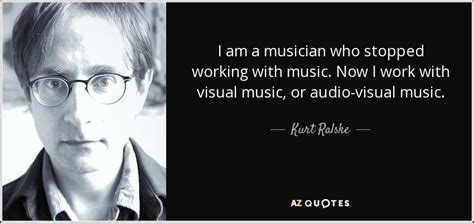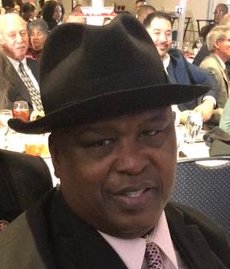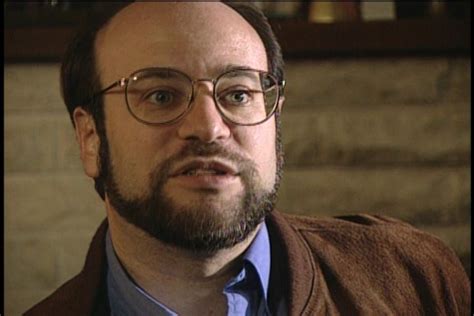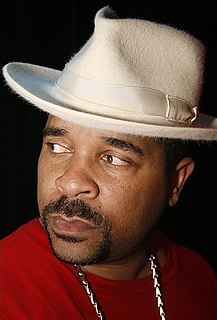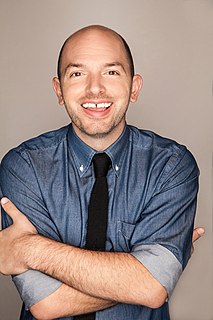A Quote by Rick Moranis
Well, whether it's on film or on TV, you don't want to throw too many curves at your audio and video guys.
Related Quotes
I was a musician who began playing with computers, to see if they could make some tasks simpler. I developed some "tricks" or strategies for working with audio files, and then discovered that the same tricks could be applied to video files, or really, any type of data. Previously I made many different kinds of music. I did some work as a composer of film scores. In that role, my task was to create audio to match and deepen the visual. In my work now, the role is often reversed: I have to create images to match and deepen the audio.
Too many vacations that last too long, too many movies, too much TV, too much video game playing - too much undisciplined leisure time in which a person continually takes the course of least resistance gradually wastes a life. It ensures that a person's capacities stay dormant, that talents remain undeveloped, that the mind and spirit become lethargic and that the heart remains unfulfilled.
I was at art school that had quite a celebrated film course as well. I tried for that film course when I was 18, but they said I was too young. I tried this audio and visual design course instead. Two years later, I reapplied for that higher course, but they said I was still too young and to try in five years.
You might think of a haunting as a loop of video or audio tape playing itself over and over for you to watch. Trying to interact with it would be akin to trying to interact with a show on your TV: sure, you can turn it off or change the channel, but I wouldn't expect the actors to suddenly stop and talk to you directly.
My filmmaking education consisted of finding out what filmmakers I liked were watching, then seeing those films. I learned the technical stuff from books and magazines, and with the new technology you can watch entire movies accompanied by audio commentary from the director. You can learn more from John Sturges' audio track on the 'Bad Day at Black Rock' laserdisc than you can in 20 years of film school. Film school is a complete con, because the information is there if you want it.
When it comes to working from home, when it comes to video conferencing, it's got to work. Anytime you want to meet someone, the quality has got to be good, very reliable. Otherwise, you've scheduled a very important meeting with a customer - oh my God, if the audio is choppy, the video doesn't work, you're not going to try it anymore.


